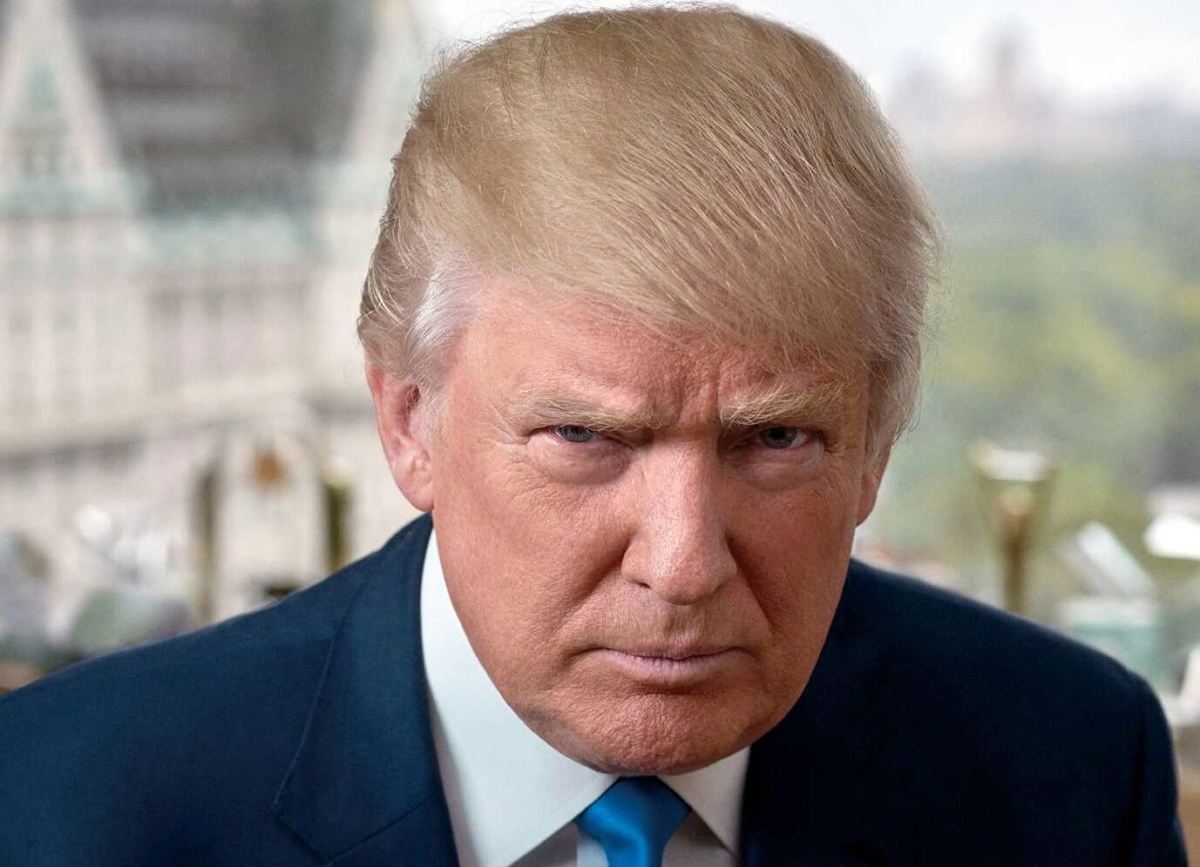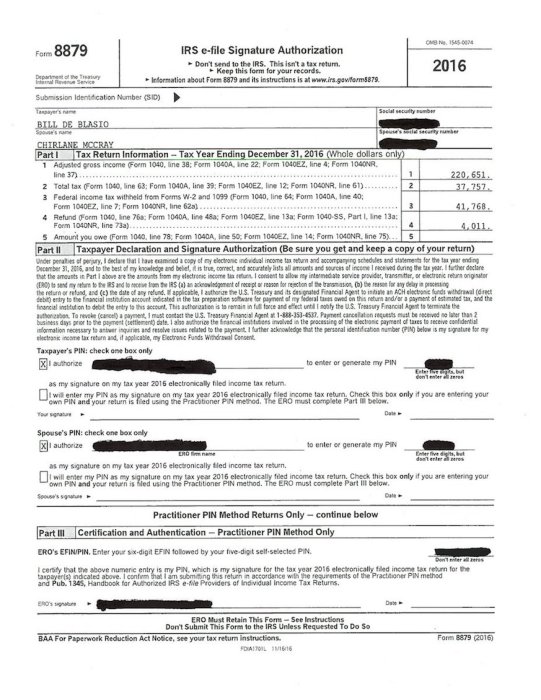President Donald Trump said 401(k) caps are back on the table Wednesday, contradicting his earlier tweet promising there would be no change to retirement savings as Republicans try to figure out a way to pay for sweeping tax cuts.
Trump changed his tune when asked about comments by Rep. Keven Brady, chair of the House Ways and Means Committee and an author of the forthcoming GOP tax bill, who said the committee was still considering changes to caps on pre-tax retirement savings accounts like 401(k) plans, despite Trump’s tweet.
“Well maybe it is, maybe we’ll use it as negotiating, but trust me, that’s one of the great things,” Trump said, Business Insider reported. “There are certain elements of deals that you don’t want to negotiate with — and Kevin knows this, and I think Kevin Brady is fantastic — but he knows how important 401(k)s are.”
On Monday, Trump tweeted, “”There will be NO change to your 401(k). This has always been a great and popular middle-class tax break that works, and it stays!”
There will be NO change to your 401(k). This has always been a great and popular middle class tax break that works, and it stays!
— Donald J. Trump (@realDonaldTrump) October 23, 2017
Republicans are considering capping 401(k) and IRA accounts at $2,400 as a way to bring in revenue to help pay for the large-scale tax cuts for individuals and business promised in its tax reform plan. Currently, the limit for investing pre-tax earnings is $18,000 a year.
To avoid a Democratic filibuster on their tax reform plan, Republicans will need to pass it via a budget reconciliation bill, but to do that, the plan must be budget neutral — meaning in the long term, cutting taxes can’t add to the deficit.
If Republicans cap pre-tax retirement accounts, Americans will be forced to use a different kind of savings account called a Roth IRA, which taxes money on the front end, rather than on the back end when it’s withdrawn like 401(k)s. The move will make it look like the government is bringing in more revenue, but in the long term, it could actually lose the government money.
depending on how it’s designed, the 401(k) proposal could even lose the government money, given that the pot of money taxed on the front end is smaller than the pot of money taxed on the back end,” The Week reported.
It might, however, help Republicans get their tax reform plan stamped as budget neutral by the Congressional Budget Office because the revenue impacts are only calculated over a small window of time.























